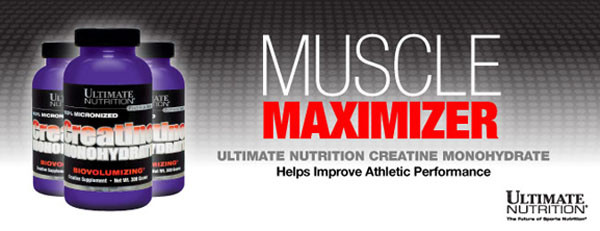The Role of Nutrition in Athletic Performance
Nutrition plays a vital role in athletic performance, fueling the body for optimal physical exertion and recovery. Athletes must pay careful attention to their dietary choices to support their training and achieve peak performance. Let's explore the key aspects of nutrition in sports and how it can impact athletic success.
Fueling for Performance

A well-balanced diet that provides an adequate amount of macronutrients (carbohydrates, proteins, and fats) is essential for athletes. Carbohydrates serve as the primary energy source, providing the fuel needed for intense workouts and endurance activities. Protein is crucial for muscle repair and growth, while healthy fats contribute to energy storage and hormone production. Ensuring the right balance of these macronutrients is vital for optimizing athletic performance.
Source: Importance of Carbohydrates in Exercise Source: The Role of Protein in Athletic Performance Proper hydration is fundamental for athletes to maintain performance and prevent dehydration. Water regulates body temperature, aids in nutrient absorption, and supports joint lubrication. Additionally, electrolytes such as sodium, potassium, and magnesium play a crucial role in muscle function and fluid balance. Athletes should strive to maintain adequate hydration levels before, during, and after training or competition.

Source: Hydration Strategies for Athletes Source: The Role of Electrolytes in Exercise Different sports and athletic activities have unique nutritional demands. Endurance athletes may benefit from a higher carbohydrate intake to sustain energy levels, while strength and power athletes may focus more on protein to support muscle development. Sports nutritionists can provide tailored guidance based on specific sport requirements, helping athletes optimize their dietary choices for peak performance.
Source: Nutrition for Endurance Athletes Source: Nutrition for Strength and Power Athletes Proper nutrition is crucial for post-workout recovery and injury prevention. Consuming an adequate amount of protein after exercise helps repair damaged muscle tissues and promotes muscle growth. Including anti-inflammatory foods rich in antioxidants, such as fruits and vegetables, can aid in reducing exercise-induced inflammation and supporting overall recovery. Adequate nutrition also plays a role in strengthening the immune system, reducing the risk of illness or injury.

Source: Nutrition Strategies for Exercise-Induced Muscle Damage Source: The Role of Nutrition in Immune Function In conclusion, nutrition plays a critical role in Consulting with a sports nutritionist and staying informed about the latest research can help athletes make informed decisions to fuel their https://rsabet.co.za/nomini/mobile/ .. From providing the necessary fuel for workouts to supporting recovery and injury prevention, athletes must prioritize their dietary choices .
Remember, it's not just about what happens during training or competition, but also about how you fuel and nourish your body every day to support your athletic endeavors. So, grab that healthy snack, hydrate properly, and fuel yourself for victory!


